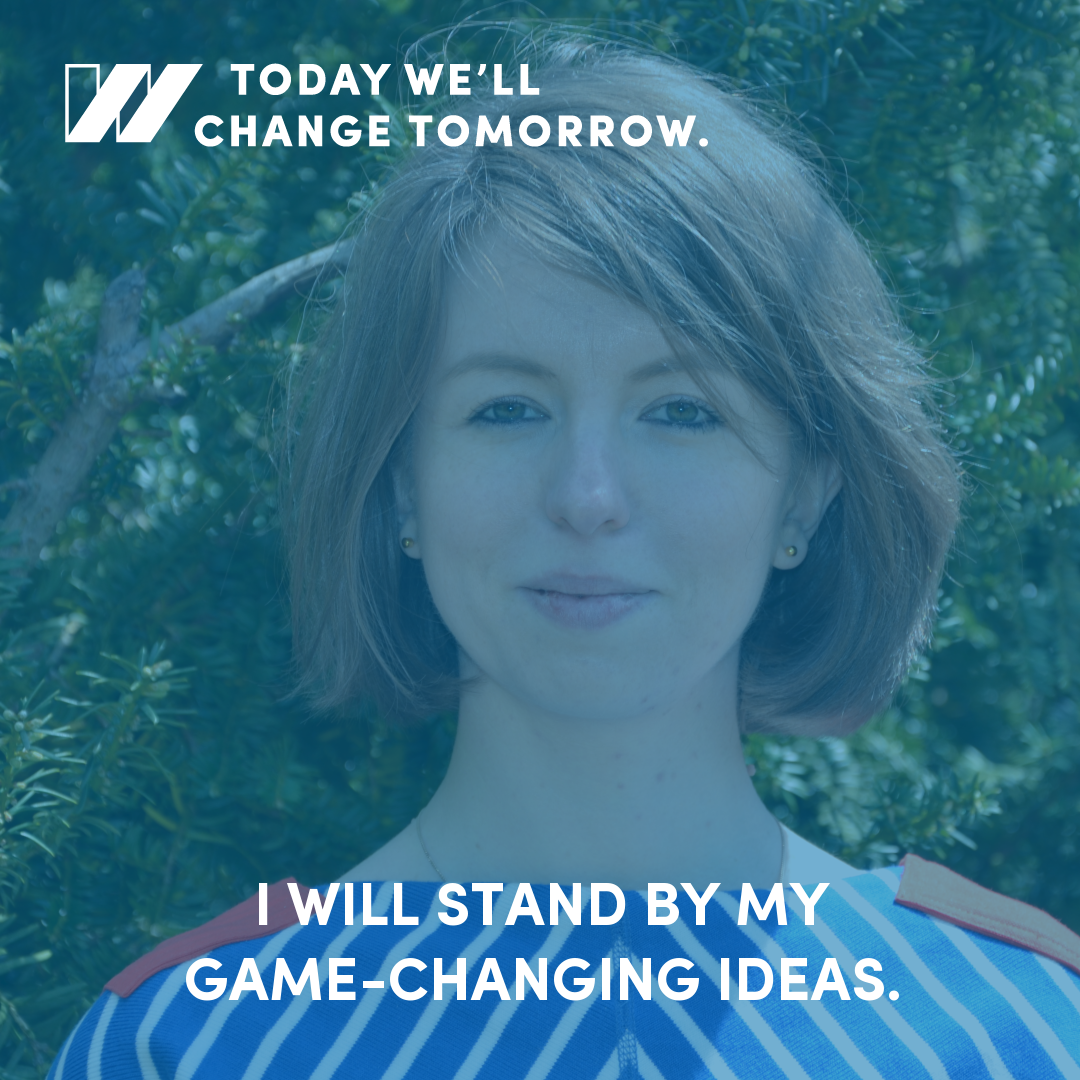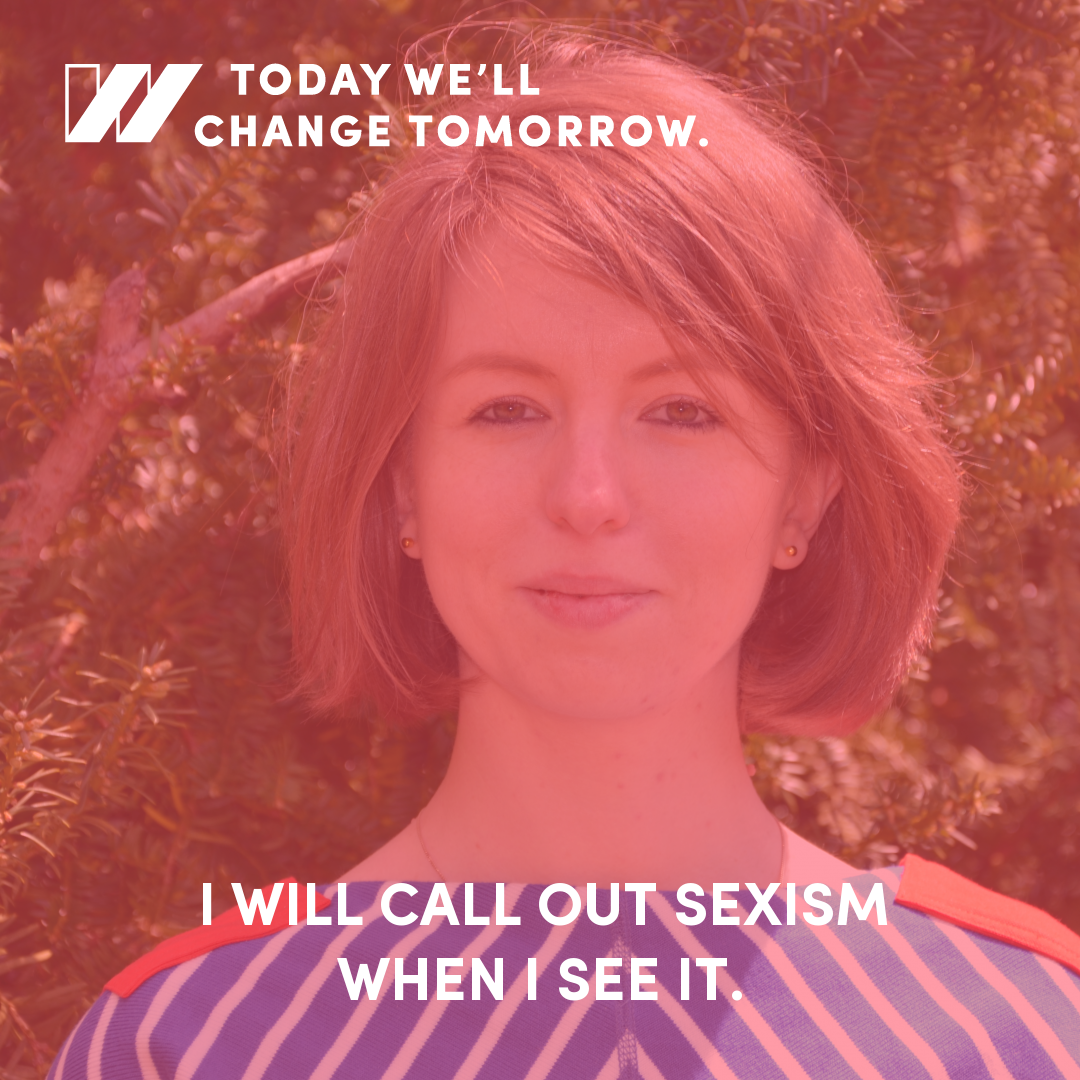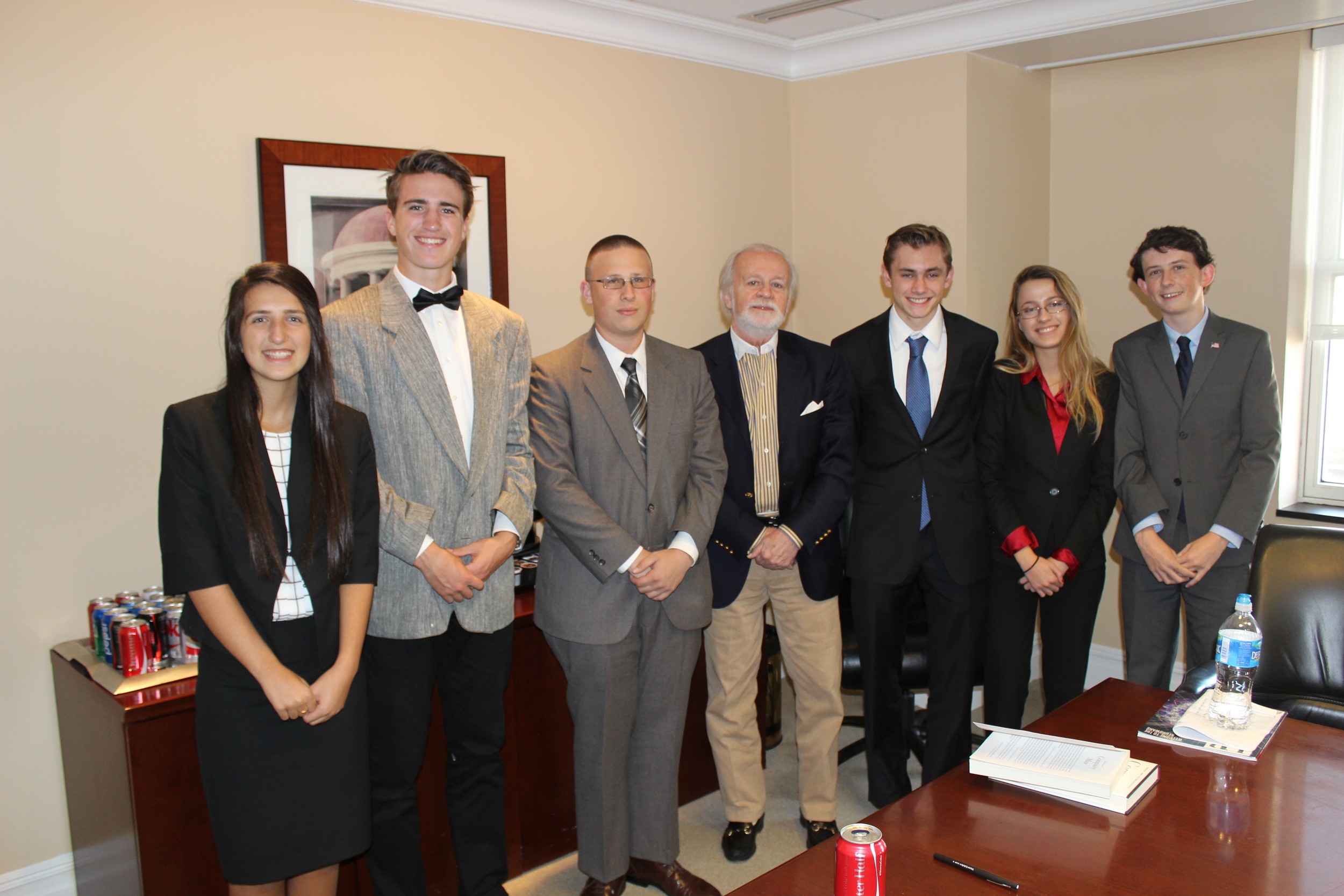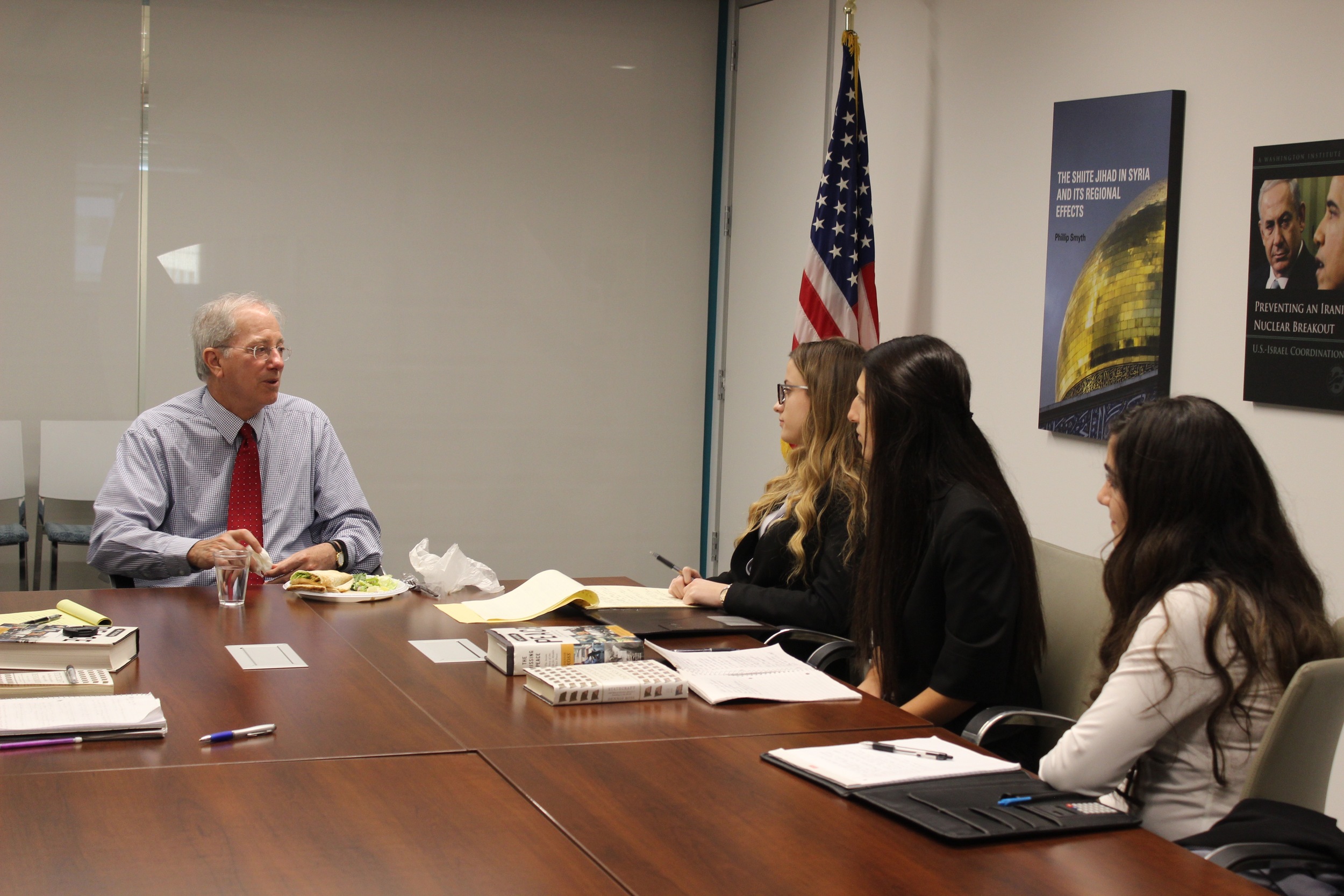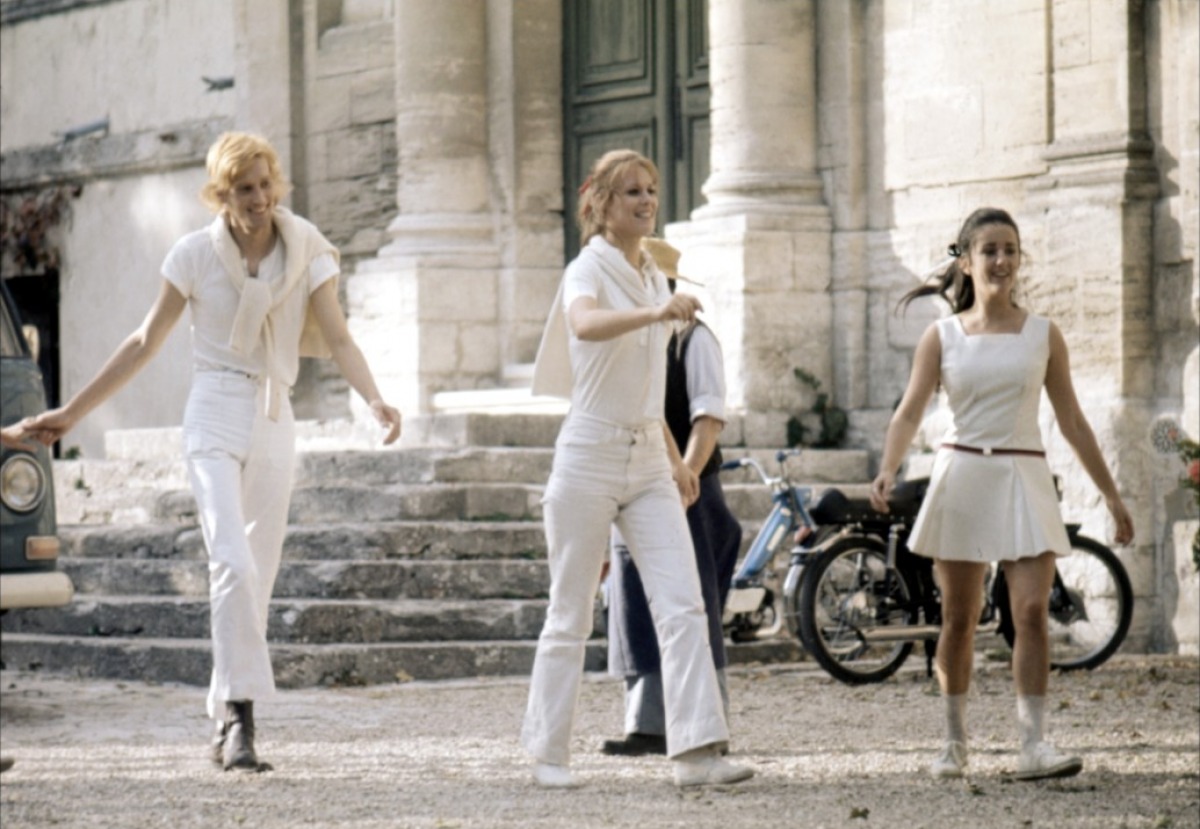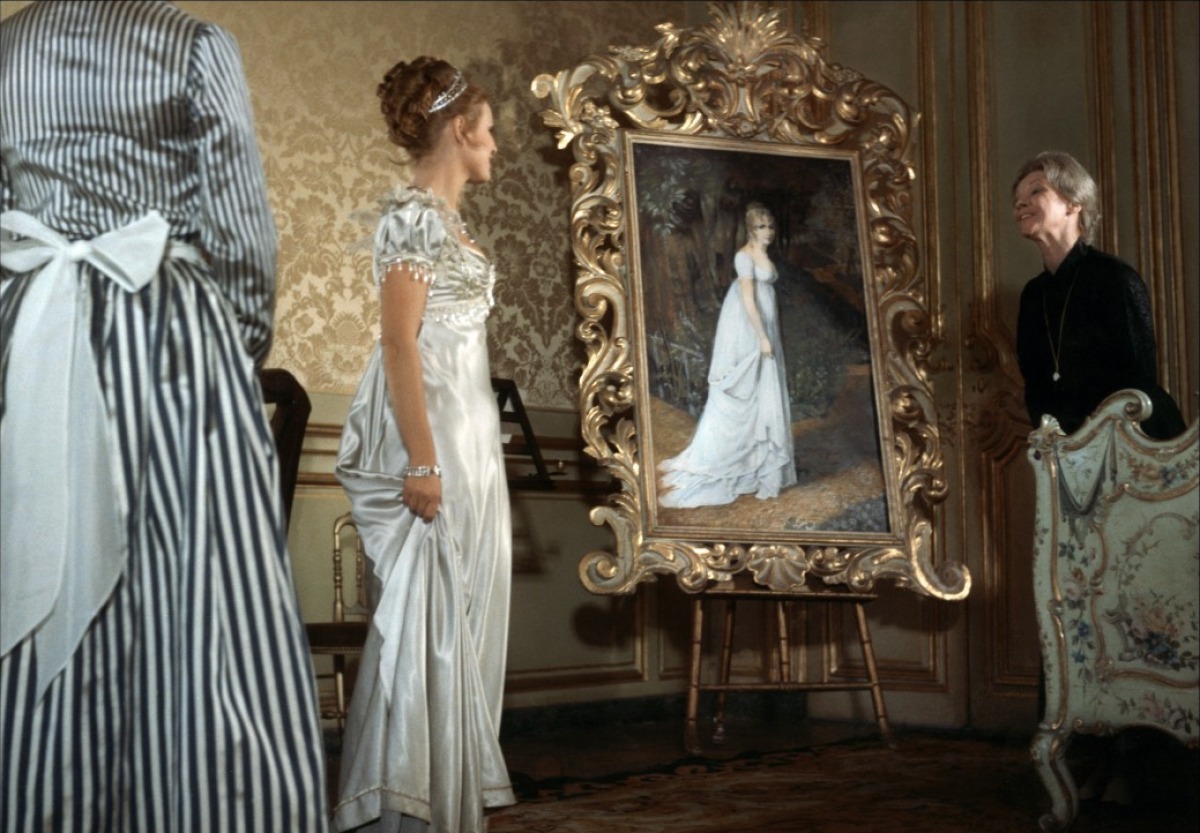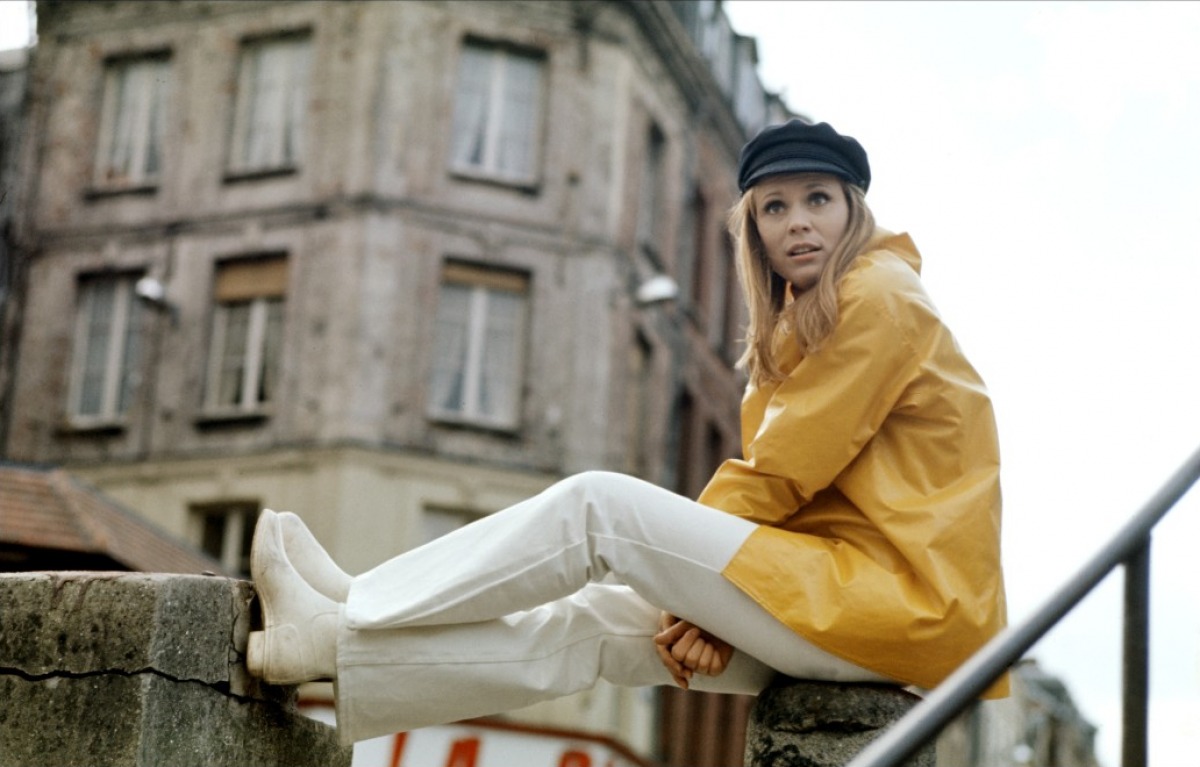What Kind of Day Has It Been?
/I stayed up all night in London to watch the US Presidential Election live because I wanted to see the first female US President with my own eyes. I’m a political junkie at heart, so I’ve always loved watching elections in real time. At the beginning of the night, I imagined that CNN or ABC would call the election for Hillary Rodham Clinton around 4 a.m. GMT, and I would skip around my room, FaceTime my Nasty Women friends in the United States, and happily reminisce about how we all “stormed” the White House the night of Obama’s victory in 2012. None of this happened. Instead, my smile grew fainter and fainter, as swing state after swing state declared her opponent victorious. By 5 a.m., I was nauseous and in denial.
Let’s set one thing straight – “President Hillary Clinton” would not have been the definite end of racism, sexism and other forms of bigotry in American Society. Of course there would still be more battles to fight. Yet, whether you agree with her policies or not, you can understand that the election of a female President in the United States would have had an #impact on the presence of women and people of colour in foreign policy and politics in general. A Clinton presidency could have meant more seats at the table for all of us who have long been designated as “the other,” “the remainder,” or “the affirmative action choice.”
“You cannot be what you cannot see”
I first heard this phrase from Heben Nigatu on an episode of BuzzFeed’s Another Round podcast, and I think about it every single day. At times, it is difficult to feel like you can achieve success in your field if no one that looks like you has done it before. A visible, strong-willed, female US President in a pantsuit could have been an inspiration for younger women, people of colour, and LGBTQ+ Americans, and she could have set an example for other parts of the world to follow.
Instead, the 2016 Presidential Election has shown us that you can be intelligent, study hard, attend good schools, work passionately to help the less fortunate, and run an inclusive and diverse campaign, but you would still lose to that guy in your class who didn’t even study for the test. That is the hardest part to swallow. I feel strongly for every single person who worked tirelessly on Hillary’s campaign, constantly going high while the other campaign sank even lower. I feel for Huma, and Zerlina, and Jennifer, and Sarah, who have participated in the struggle for a stronger, greater America. Despite the results of the election, I know these figures have inspired young women across the country to stand up for what is right, and to pursue similar careers. In her concession speech today, Clinton added, "To all the little girls watching...never doubt that you are valuable and powerful & deserving of every chance & opportunity in the world."
What do we do next? We have to wipe away our tears and get back to work trying to create a more inclusive space for people of all backgrounds to be involved in politics and public policy. We must congratulate the likes of Kamala Harris, Ilhan Omar, Kate Brown, and Catherine Cortez Masto. Each of them became the first of their kind on election night, and they now represent a new class of inspiring women in politics. May we always remember the hard work that these all of these campaigns put into the 2016 elections and fuel this anger into #interrupting the status quo.
Watch Secretary Clinton's concession speech here.
Aisha Babalakin graduated from the Walsh School of Foreign Service at Georgetown University in 2015, majoring in International Politics and Arab Studies. She is currently pursuing an LLB at SOAS in London, U.K.


